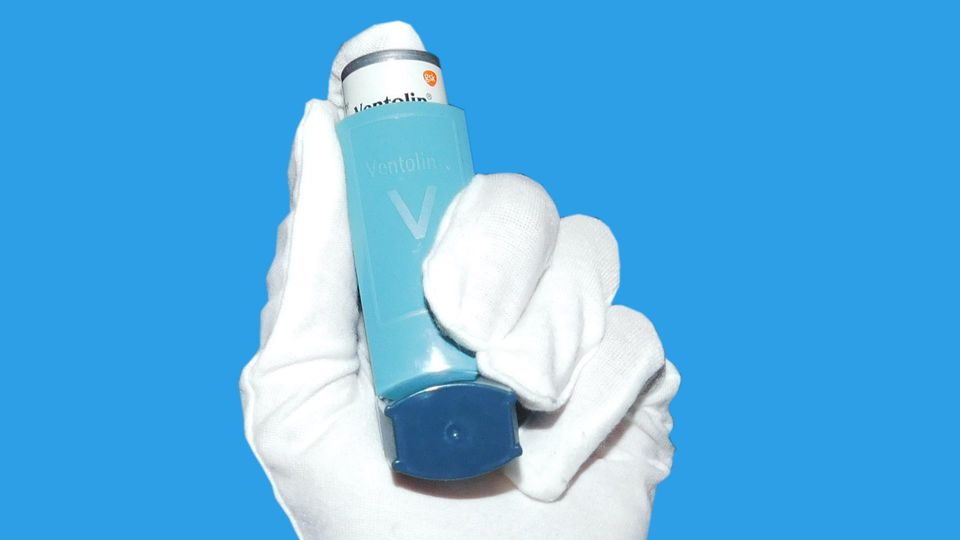Brewer’s Yeast May Prevent Airway Inflammation in Asthma

Complete the form below to unlock access to ALL audio articles.
A recent study has suggested a daily dose of brewer’s yeast – a strain used to make the Brazilian spirit cachaça – may help to protect against airway inflammation observed in asthma. The research, conducted in mice, is published in Probiotics and Antimicrobial Proteins.
Getting the most benefit from probiotics
Asthma is a common chronic disease that affects around 334 million people around the world. It often manifests in childhood where it impacts the lungs, causing inflammation, narrowing of the airways and breathing difficulties.
A strain of yeast, Saccharomyces cerevisiae UFMG A-905, has been shown to limit asthma symptoms in animal models. This strain of S. cerevisiae – or “brewer’s yeast” – is commonly used in the production of bread and beer as well as the Brazilian distilled spirit cachaça, made from fermented sugarcane juice.
This yeast is well-established as a probiotic – a live microorganism that can provide health benefits to its host. However, more research is required to determine the ideal dosages and treatment regimens for many probiotics.
In the current study, researchers from the University of São Paulo and the Federal University of Minas Gerais used a mouse model of airway inflammation to investigate the ideal dosages and administration regime of UFMG A-905 to gain the most benefit.
Determining dosages
“It’s important to understand that probiotics work like medication. Taking them occasionally or in the wrong amount is useless,” said Professor Marcos de Carvalho Borges, senior author of the study.
Using a mouse model challenged with the protein ovalbumin to cause allergic inflammation in the airways, researchers tested the effects of 3 different dosages of the probiotic daily for a total of 27 days, in addition to the highest dosage administered on alternate days over 5 weeks. The dosages tested were 107, 108 and 109 colony-forming units (CFU) per milliliter.
Both the daily and alternative-day administration of the probiotic resulted in decreased airway hypersensitivity – i.e., constriction of the airways, a key characteristic of asthma – in comparison with the control mice, which were given saline solution instead.
However, a reduction in airway inflammation was only observed with daily administration of the very highest dose – 109 (or 10 billion) CFU per milliliter.
“We measured the degree of inflammation in terms of eosinophil count and interferon levels,” said Borges. “They were both considerably reduced in the mice treated with the probiotic. We concluded that S. cerevisiae isolated from artisanal cachaça has significant potential to prevent asthma only if a high dose is taken every day.”
“From the public policy standpoint, having a natural product like a probiotic, which has practically no side effects, with the potential to prevent a health problem as widespread as asthma is very important,” he added.
In future research, Borges and colleagues intend to determine if the benefits of this probiotic could also apply to humans and aim to establish if this could be achieved with fermented food products instead of via a capsule.
Reference: Milani TMS, Sandy CM, Calazans APCT, et al. Dose–response effect of Saccharomyces cerevisiae UFMG A-905 on the prevention of asthma in an animal model. Probiotics & Antimicro Prot. 2022. doi: 10.1007/s12602-022-10014-w
This article is a rework of a press release issued by the São Paulo Research Foundation. Material has been edited for length and content.


